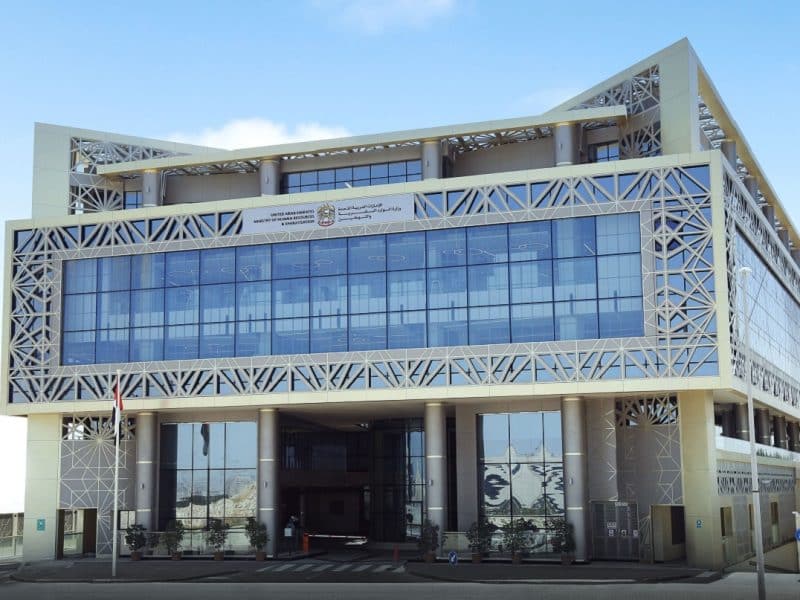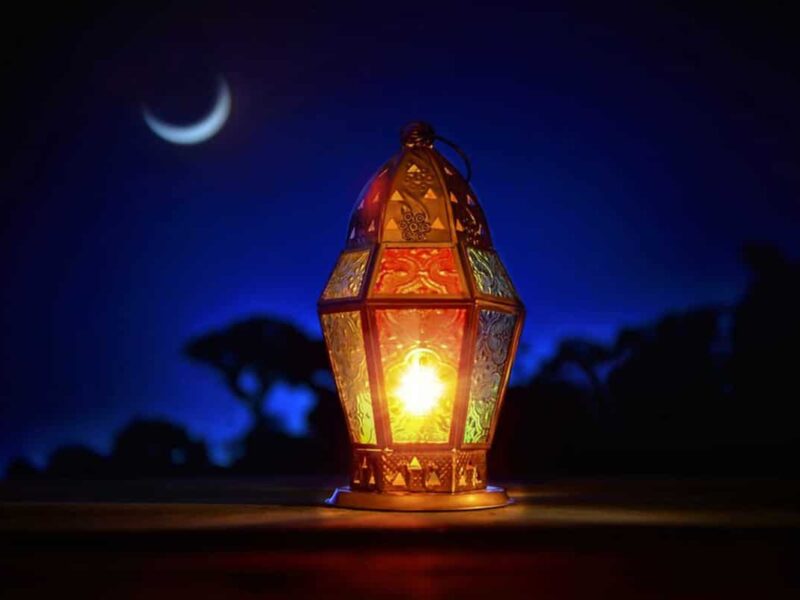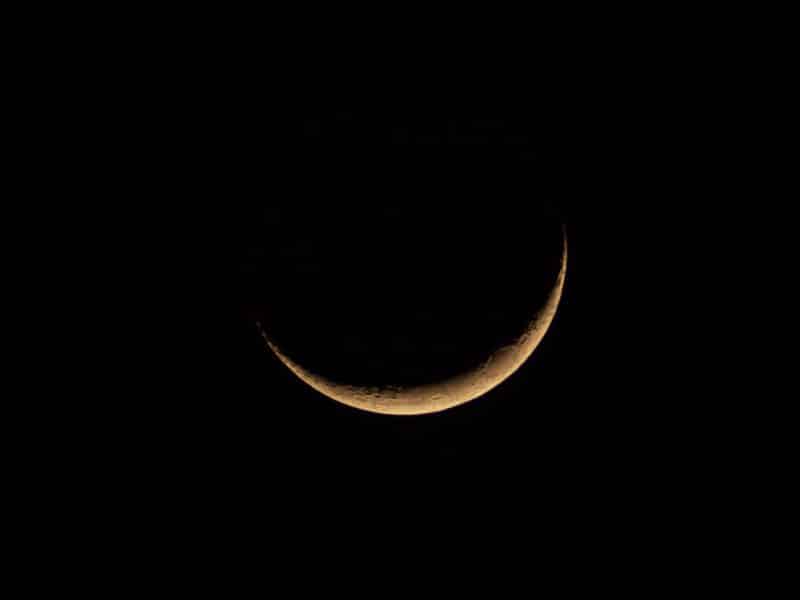The Arabian Gulf’s first exchange traded fund will open on the Abu Dhabi Securities Exchange tomorrow as the bourse and National Bank of Abu Dhabi seek to increase investment opportunities.
The NBAD OneShare Dow Jones UAE 25 ETF will combine the 25 most traded stocks on the ADX General Index, the DFM General Index and Nasdaq Dubai, the bank’s Chief Investment Officer Alan Durrant said at a press conference in Abu Dhabi today.
The shares must have a daily traded value of $500,000 to be included in the ETF, Durrant said.
The ETF “will be the first in the region, albeit by just a few days” said Tom Healy, chief executive officer of ADX.
Abu Dhabi is beating Saudi Arabia’s ETF by less than a week. The kingdom, the largest economy in the Middle East, said yesterday it will allow foreigners to invest in the Falcom ETF when it starts March 28.
Like index based mutual funds, ETFs are typically designed to mimic the performance of a basket of equities. The Bank of Ireland will be the custodian of Abu Dhabi’s ETF, which will start trading at 5 dirhams.
The 67 stocks in the ADX General Index have a combined market value of $83 billion, according to data compiled by Bloomberg. Abu Dhabi’s benchmark index is up 13 percent in the past 12 months compared with a 47 percent increase for Saudi Arabia’s Tadawul All Share Index and a 71 percent surge for the MSCI Emerging Markets Index.
ETFs that track emerging market stocks were the most popular last year, almost doubling the assets under management to $135.7 billion, Barclays Plc said in November.
ETFs also track indexes of commodities, bonds or currencies. Unlike a mutual fund, whose shares are priced once a day after the end of each trading session, an ETF is listed on an exchange where it is bought and sold throughout the day like regular stocks.
The Saudi bourse said “non-resident foreigners” will be able to trade units of the Falcom ETF, opening the kingdom’s stock market to more direct international investment for the first time.
Previously, non resident foreigners were only permitted to trade through share swap transactions in the largest exchange in the Gulf.
The Falcom ETFs will include Islamic bonds and commodities, such as gold and silver, the bourse said.









